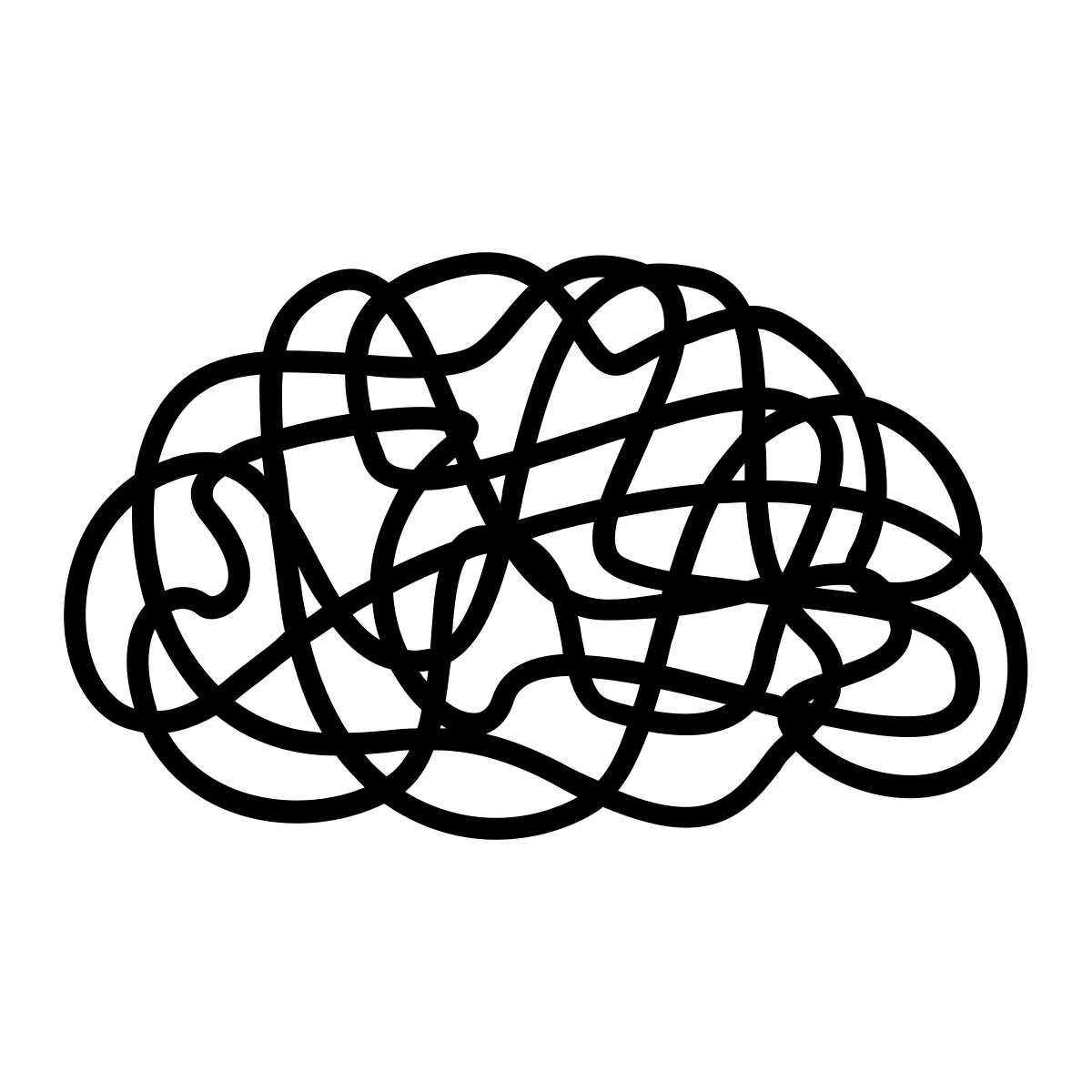
Explore the World of Plant Medicine and Psychedelics. A Weekly Digest of Exclusive Stories, Insights, and Research.

🗨 This Week’s Edition
🧠 This week, we explore how psychedelics and MDMA are reshaping our understanding of the brain and underlying neural circuits.
We also highlight the potential risks of MDMA use and how to prevent short term and long term problems with it’s use…
🌱 We also spotlight psycholytic therapy, a lesser-known but powerful approach that blends low-dose psychedelics with talk therapy to unlock emotional insight—without leaving the room, or the body.
🎙️ On the podcast, Aaron Mastny joins Scott Mason for a raw, courageous conversation about addiction, trauma, and how ketamine helped him rebuild his life from the inside out.
📚 And in our featured article, we explore the physiological effects of MDMA on the heart and brain. From serotonin depletion and neuroplasticity to cardiovascular strain and receptor activity, we break down the latest research to help you understand the real risks, and the real potential, of this powerful compound.
As always, we’re here to help you explore—not just what psychedelics do, but what they might make possible.
Let’s get to it!
🧠 The Webdelics Team

📔 Psychedelics 101: Terms Everyone Should Know
🧠 Psycholytic Therapy
Not every psychedelic journey needs to be a cosmic deep-dive.
Psycholytic therapy involves using low to moderate doses of psychedelics—typically LSD or psilocybin—within a therapeutic setting to support emotional exploration without overwhelming intensity.
Unlike high-dose “breakthrough” experiences, psycholytic sessions keep the user grounded and conversational. This allows patients to stay present, engage with a therapist, and gently process trauma, memories, or unresolved emotions.
🛋️ Think of it as talk therapy with the volume turned up on the unconscious mind. Emotions may surface more freely, defenses drop, and insights emerge more naturally.
Why does this matter?
In Europe during the 1950s–70s, psycholytic therapy was a popular approach before prohibition shut it down…
Now, as psychedelic-assisted therapy returns, many are rediscovering its value—especially for those seeking gradual, integrative healing rather than peak mystical experiences.
💡 For people navigating anxiety, depression, or trauma, psycholytic therapy offers a gentle on-ramp into the psychedelic space—where transformation happens one insight at a time.


📜 Top Article
🧠 MDMA, the Brain, and the Heart - What the Research Says
As MDMA inches closer to potential FDA approval for therapeutic use for PTSD and other conditions, conversations around its safety—especially on the brain and heart—are becoming more important than ever.
While many view it as a breakthrough tool for trauma healing, its physiological effects deserve a closer look…
This week, we’re unpacking what the science says about how MDMA affects your body, with a focus on two vital systems: the serotonin network in the brain and the cardiovascular system.
🧪 MDMA and the Brain - Neurotoxicity vs. Neuroplasticity
MDMA (3,4-methylenedioxymethamphetamine) increases serotonin by releasing large amounts into the synaptic cleft of neurons and halting its reuptake.
This is what creates the elevated mood, openness, and empathy often reported during MDMA-assisted sessions.
However, frequent or high-dose use has been linked to downregulation of serotonin transporters—the proteins responsible for recycling serotonin.
Some studies have also suggested that chronic exposure may damage serotonergic axons, particularly in animal models…
Yet other research, including human imaging studies, suggests these effects may be reversible over time.
📚 A 2009 paper in Addiction examining former MDMA users found no significant long-term damage to serotonin systems.
Similarly, a team led by Dr. John Halpern controlled for polydrug use and found no strong link between MDMA and long-term cognitive impairment.
⚠️ Occasional MDMA use (with at least 1–3 months between sessions) appears to allow for serotonin system recovery in most healthy individuals.
But the risk increases significantly with heavy, frequent use, so caution is always advised.
❤️ MDMA and the Cardiovascular System - Know Your Risk
Even at standard doses (~125 mg), MDMA raises blood pressure and heart rate by stimulating the sympathetic nervous system.
For most healthy individuals, these effects are temporary…
But for those with underlying conditions—like hypertension, heart disease, or conduction abnormalities—this can pose real risks.
🫀 One area of growing concern is 5-HT2B receptor activation in heart valve tissue.
Repeated, high-dose MDMA use has been associated with valvulopathy—a thickening of the heart valves—similar to issues caused by older serotonin-targeting drugs.
📚 A 2007 study published in Cardiovascular Toxicology found a higher incidence of valvulopathy in heavy, long-term MDMA users (3+ times per week for 6+ years).
⚠️ If you have known cardiovascular conditions, MDMA use should be avoided in both clinical and recreational settings…
Even for healthy users, moderation and awareness of dose and frequency are critical.
🧯 Harm Reduction - How to Use the Science to Stay Safe
MDMA’s therapeutic benefits are real—but so are its physiological effects. Here are some evidence-based steps to reduce risk:
🧪 Test your MDMA for purity using reagent kits. Adulterants are common in illicit supplies.
📆 Space out sessions (ideally 1–3 months apart) to allow serotonin systems to recover.
💦 Stay hydrated, but don’t overhydrate—electrolyte balance matters.
⏱️ Avoid prolonged exertion and overheating, especially in rave/festival settings.
🫀 Skip MDMA if you have cardiovascular disease, arrhythmias, or long QT syndrome.
🔍 Responsible Use Starts with Understanding
MDMA is not inherently dangerous—but it isn’t risk-free…
Its effects on the brain and heart are dose-dependent, frequency-dependent, and deeply individual.
With more research emerging, we’re learning how to use it more safely—and more effectively—for healing.
Education is harm reduction. And when used responsibly, MDMA may not only heal trauma—it may help us build a more connected, compassionate world…
The choice is yours and must be weighted with the risks vs. benefits, so the more you know, the better decisions you can make for your health and healing.

🎉 Top Weekly Blog!
Our Top Psychedelic and Plant Medicine Blog from Webdelics
The Webdelics website has over 160+ evidence-based, research-backed blogs that were intentionally written to give you the facts, not just our opinions.
📚 Here is this week’s top blog on our site, rated by our readers:
🧠 Psychedelics don’t just alter perception—they may fundamentally change how the brain processes reality.
In this week’s featured blog, we break down three leading theories on how compounds like psilocybin and LSD influence neural networks…
🌀 These insights don’t just explain the psychedelic experience—they could help unlock new approaches to treating depression, anxiety, addiction, and more.
The brain is plastic… Psychedelics may help us intentionally reshape it.

💬 We will leave you with this…
Carl Jung once said, “Until you make the unconscious conscious, it will direct your life and you will call it fate.”
Psychedelics offer a temporary light in the corners we often avoid—inviting us to see, feel, and understand with a clarity that everyday life can dull…
But insight alone isn’t the goal.
The real work begins in how we hold it—how we integrate, regulate, and reshape. Not to escape our patterns, but to become aware enough to change them.
This week, whether you're diving deep into brain science, considering a journey, or simply reflecting on old stories with new eyes—remember: transformation isn’t always dramatic.
Sometimes it’s a slow rewiring. A re-rooting. A quiet return to center…
Be gentle with your process. The brain may adapt fast—but the heart moves slower.
Until next time…
🧠 The Guide - by Webdelics
Disclaimer: Webdelics does not support or promote any illegal activities, including the use of substances that may be mentioned in this newsletter. We encourage all readers to familiarize themselves with and adhere to the laws in their region. Please note that Webdelics does not offer mental health, medical, or clinical services and should not be used as a replacement for professional medical, psychological, or psychiatric care, diagnosis, or treatment.



